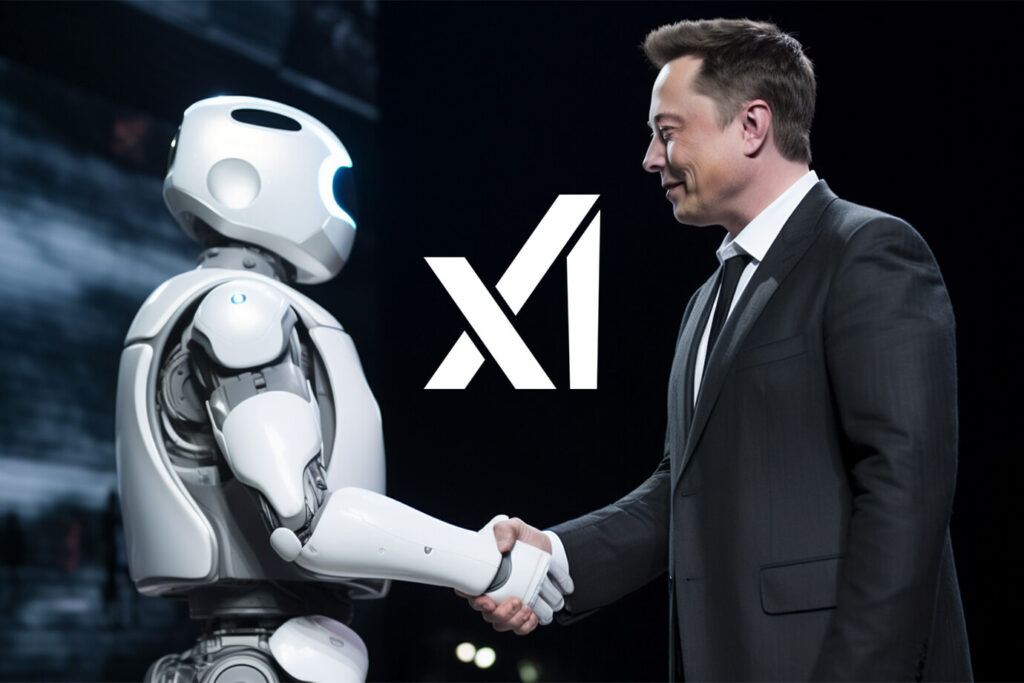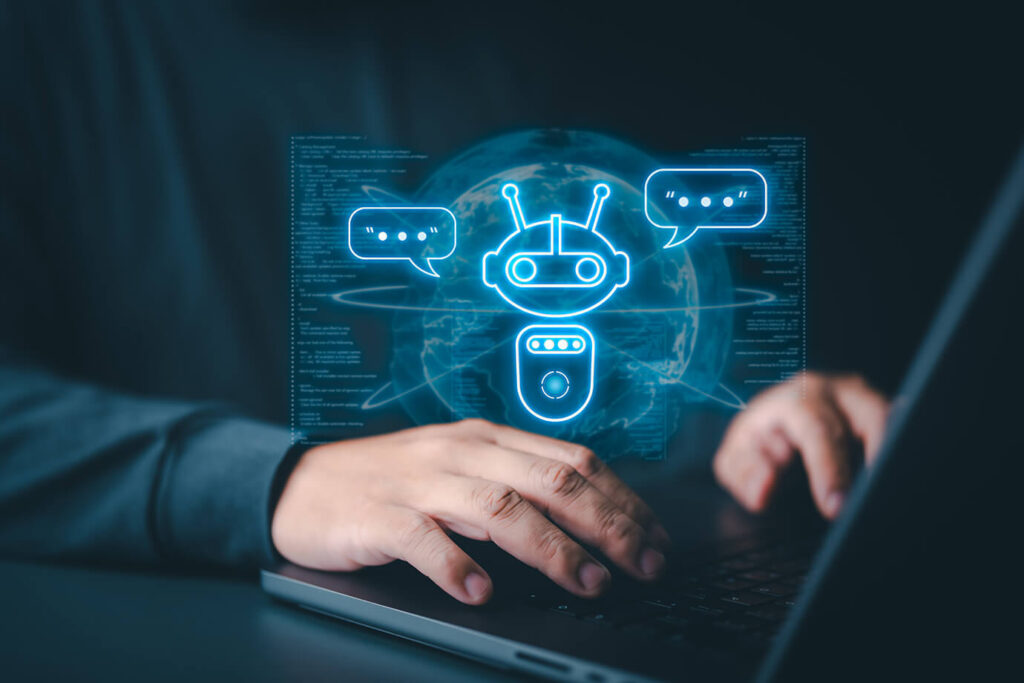Musk’s Colossus: Redefining Supercomputing and AI Innovation
In a groundbreaking move set to reshape the AI and supercomputing landscape, Elon Musk’s xAI has unveiled plans to expand its already formidable Colossus supercomputer by tenfold. With this expansion, Colossus is poised to incorporate over 1 million Nvidia GPUs, aiming to eclipse competitors like Google, OpenAI, and Anthropic in computational power and efficiency. This bold initiative underscores Musk’s unrelenting drive to dominate the AI frontier, leveraging cutting-edge technology to accelerate progress in AI research and development.
Colossus: A Supercomputer Like No Other
Originally built in just three months, Colossus stands as one of the largest and most advanced supercomputers in the world. Utilizing over 100,000 interconnected Nvidia GPUs, it powers xAI’s ambitious projects, including Grok, Musk’s chatbot rivaling platforms like ChatGPT and Google’s Gemini. Yet, with competitors rapidly advancing, the need for even greater computational capacity has pushed xAI to invest heavily in scaling Colossus to unprecedented levels.
This expansion is not just a technological milestone—it’s a statement. It highlights the critical role of supercomputing in AI innovation, where speed, scale, and precision are vital for training complex models and developing groundbreaking applications. Musk’s vision for Colossus embodies the spirit of competition and the relentless pursuit of progress in the ever-evolving AI ecosystem.
A Massive Investment in the Future
Scaling Colossus comes with an astronomical price tag. The latest generation of Nvidia GPUs can cost tens of thousands of dollars each, and building, powering, and cooling a supercomputer of this magnitude will require tens of billions of dollars. With xAI already securing $11 billion in capital this year alone, the company’s ability to attract substantial investments reflects the immense faith investors have in Musk’s AI ambitions.
Strategic partnerships with tech giants like Nvidia, Dell, and Supermicro ensure that the expansion will also include a state-of-the-art facility in Memphis, Tennessee. This hub will not only support Colossus but also house a dedicated xAI operations team to maintain its seamless performance, solidifying the region’s importance in the global tech landscape.
Pioneering a Competitive Edge
Unlike many of his contemporaries, Musk has opted to build his computational empire independently rather than forming broad partnerships. This approach allows him to control the trajectory of xAI while maintaining a competitive edge. It also serves as a counterpoint to his previous collaborations with OpenAI, a company he co-founded but has since criticized for its shift toward commercialization.
Musk’s focus on Colossus comes amid fierce competition in the AI space. OpenAI has leveraged Microsoft’s $14 billion investment to expand its own capabilities, while Anthropic has secured $8 billion from Amazon. Yet, Musk’s emphasis on speed and innovation ensures that xAI remains a formidable player, with Colossus being hailed as “the fastest supercomputer on the planet” by Nvidia’s CEO, Jensen Huang.
Looking Ahead: Colossus and Beyond
The expansion of Colossus is more than a technological feat—it’s a symbol of the transformative power of AI and the infrastructure required to support it. As xAI accelerates its efforts, the supercomputer’s enhanced capabilities will likely unlock new possibilities in AI research, driving advancements in areas like language processing, robotics, and scientific discovery.
Elon Musk’s vision for Colossus not only challenges the boundaries of what’s possible in supercomputing but also sets a new benchmark for the AI industry. As the project unfolds, its impact on technology, business, and society will undoubtedly be monumental, proving that when it comes to innovation, Musk is always leading from the front.





